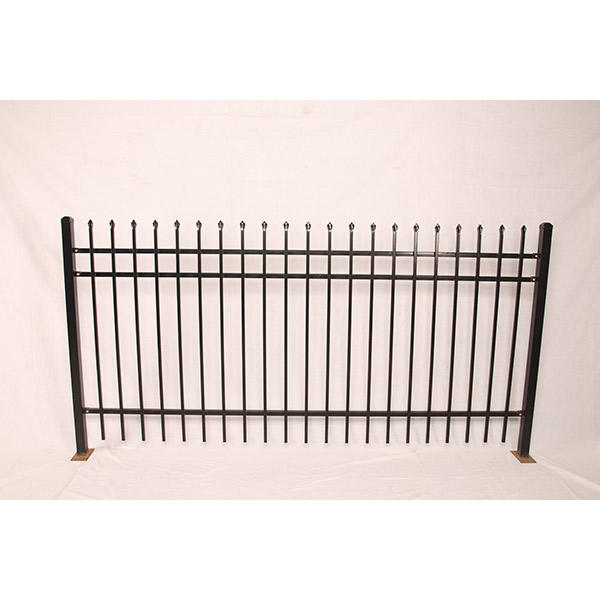ਅਕਤੂਃ . 13, 2024 13:28 Back to list
Deformed Steel Bar Manufacturing Facility Overview and Insights on Production Processes
The Deformed Steel Bar Factory Innovations and Importance in Construction
In the realm of construction materials, deformed steel bars, commonly known as rebar, play a crucial role in ensuring the integrity and longevity of structures. As the demand for robust and reliable construction materials continues to rise, the role of deformed steel bar factories becomes increasingly significant. These facilities are at the forefront of innovation, producing high-quality rebar that meets rigorous standards essential for modern engineering.
Understanding Deformed Steel Bars
Deformed steel bars are longitudinally ribbed steel bars used to reinforce concrete. Their primary function is to enhance the tensile strength of concrete, which is inherently strong in compression but weak under tension. The unique surface pattern of deformed bars provides better mechanical interlocking within the concrete, improving the overall stability and performance of various structures. This is particularly vital in constructions such as bridges, buildings, and dams, where resilience to environmental stresses is essential.
The Manufacturing Process
The production of deformed steel bars involves several key steps. The process typically begins with the melting of scrap steel or direct reduced iron (DRI) in electric arc furnaces. The molten steel is then cast into billets through a continuous casting process. Once cooled, these billets are reheated and rolled through a series of stands to produce the desired diameter and length of the bars.
After rolling, the bars undergo deformation processes, where they are shaped to have ribs that ensure a stronger grip with the surrounding concrete. This is followed by cooling, cutting, and surface treatment to achieve the necessary specifications. Quality control is paramount throughout the manufacturing process. Factories employ advanced testing methods to ensure that their products meet international standards, such as ASTM and ISO certifications.
Innovations in Deformed Steel Bar Production
deformed steel bar factory

The industry is witnessing significant technological advancements aimed at improving production efficiency and product quality. Automation plays a critical role; modern factories utilize sophisticated machinery that minimizes human intervention, significantly reducing human error while increasing the speed of production. Moreover, automation systems allow for real-time monitoring and adjustments, ensuring that the quality of rebar remains consistent throughout the manufacturing process.
Another area of innovation is the introduction of advanced metallurgical techniques. By alloying steel with different elements such as chromium, nickel, and molybdenum, manufacturers can produce deformed steel bars that offer enhanced performance attributes such as corrosion resistance, ductility, and improved tensile strength. These advancements are particularly beneficial in harsh environments where traditional steel bars might succumb to corrosion or wear out prematurely.
Environmental Considerations
As the global focus shifts towards sustainability, deformed steel bar factories are also adapting their processes to minimize their environmental footprint. Many manufacturers are implementing recycling programs for scrap steel, reducing waste and the demand for virgin raw materials. Additionally, the use of energy-efficient technologies is becoming more widespread, with factories investing in renewable energy sources and optimizing their processes to reduce energy consumption.
The Importance of Deformed Steel Bars in Construction
The significance of deformed steel bars extends beyond their mechanical properties. They contribute to safety, durability, and the overall lifespan of structures. In regions prone to seismic activities, for instance, properly reinforced concrete can withstand earthquakes far better than unreinforced structures. As urbanization intensifies, and the construction demand surges, the need for high-quality, reliable deformed steel bars has never been more critical.
Conclusion
Deformed steel bar factories are invaluable in the construction industry, providing essential materials that ensure the safety and stability of structures. With continuous innovations and a commitment to quality, these facilities are not only meeting the current demands of the industry but are also paving the way for a more sustainable and resilient future in construction. As we look ahead, the role of these factories will undoubtedly remain central to the advancement of construction technologies and methodologies around the globe.
-
Welded Wire Mesh for Industry Factory - Durable & Custom Solutions
NewsAug.23,2025
-
Your Galvanized Steel Fence Factory - Strong, Durable Solutions
NewsAug.22,2025
-
Welded Wire Mesh for Industry: Factory Direct & Custom Solutions
NewsAug.21,2025
-
Welded Wire Mesh for Industry | Factory Direct & Durable Solutions
NewsAug.19,2025
-
Chain Link Fence-Anping County Puersen Hardware Wire Mesh Co., Ltd.|Durable Security&Versatile Applications
NewsAug.18,2025
-
Glass Food Storage Jar with Screw Wooden Lid - Anping County Puersen|Heat-Resistant & BPA Free
NewsAug.18,2025

